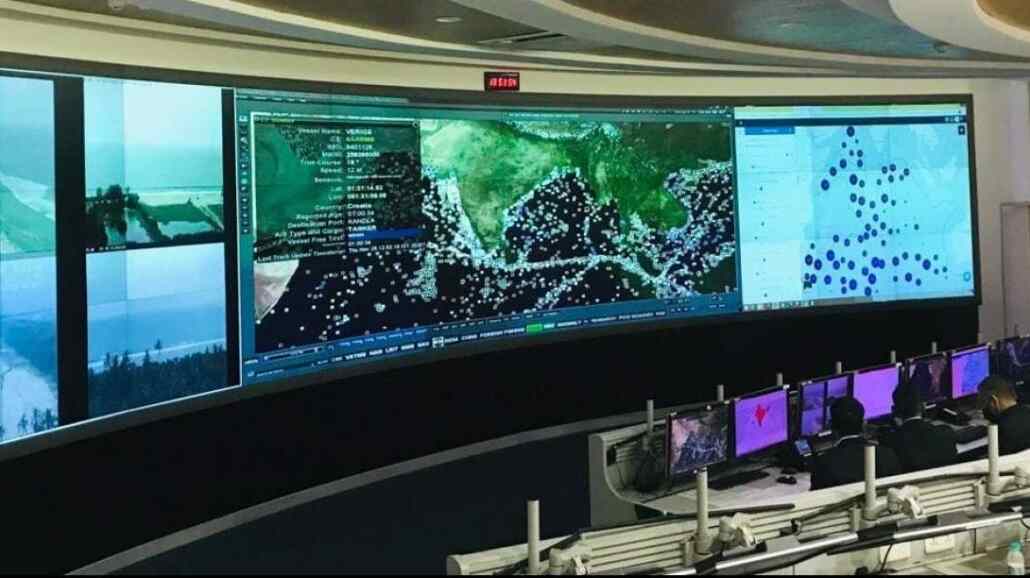The Cabinet Committee on Security (CCS), chaired by Prime Minister Narendra Modi, has given the green light to phase III of the Space-Based Surveillance (SBS) mission. This initiative aims to enhance land and maritime domain awareness for both civilian and military applications. The mission is being overseen by the National Security Council Secretariat in coordination with the Defence Space Agency under the integrated headquarters of the Defence Ministry.
Although the government has remained tight-lipped about the approval, sources indicate that the CCS has cleared a proposal to launch at least 52 surveillance satellites into low Earth orbit and geostationary orbit. This project, costing ₹26,968 crore, will involve the construction and launch of 21 satellites by ISRO, with the remaining 31 to be developed by private companies.
The SBS program was first initiated in 2001 during the Vajpayee government, which saw the launch of four surveillance satellites under SBS I. In 2013, SBS II introduced six additional satellites. The newly sanctioned SBS III phase will see the launch of 52 satellites over the next decade, with dedicated satellites supporting the Army, Navy, and Air Force for their respective land, sea, and air missions.
Earlier this year, the Modi government signed a letter of intent with France for the joint construction and launch of military satellites, underscoring India’s focus on enhancing its ability to detect enemy submarines in the Indo-Pacific and monitor infrastructure developments along its borders. Additionally, the acquisition of 31 Predator drones from US-based General Atomics, known for their powerful surveillance capabilities, will further boost the SBS III mission. India also demonstrated its anti-satellite capabilities on March 29, 2019, when an Indian missile successfully destroyed a live satellite in orbit.























